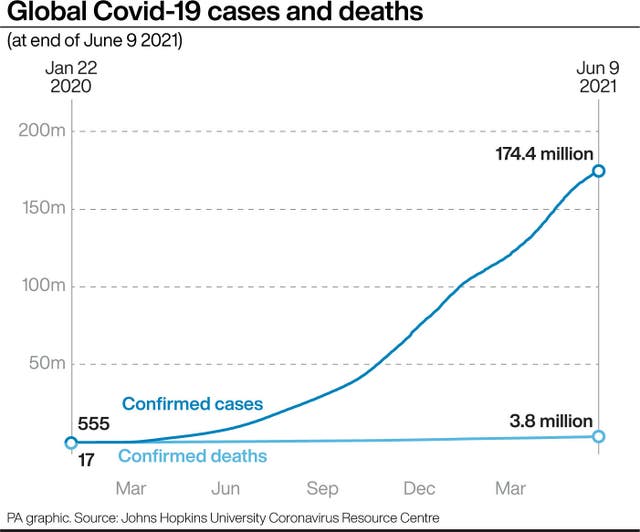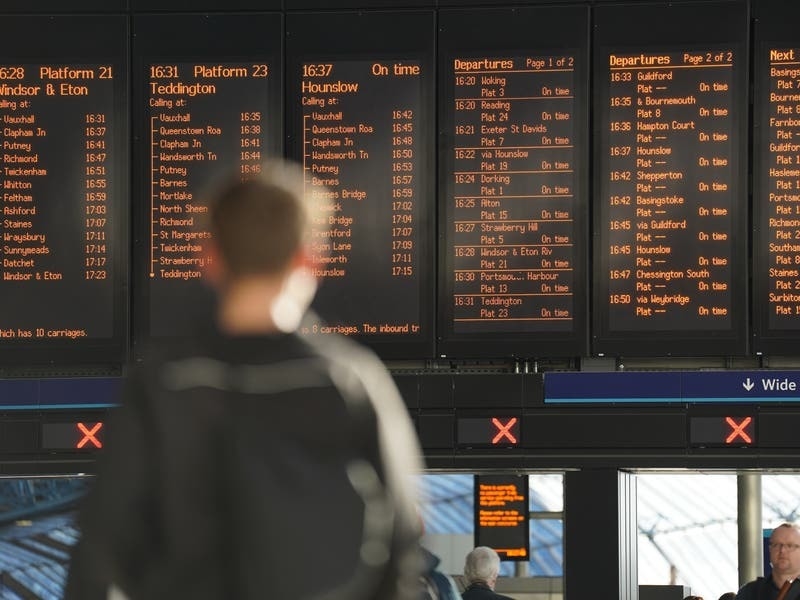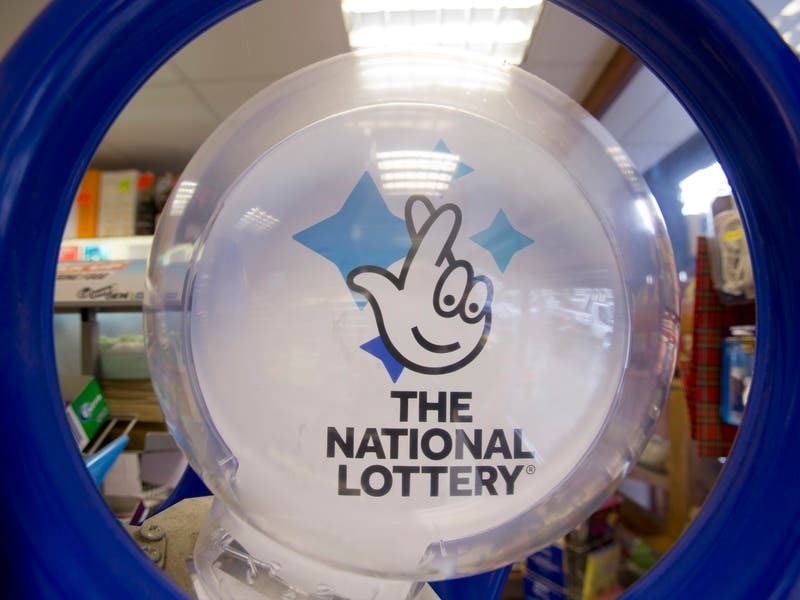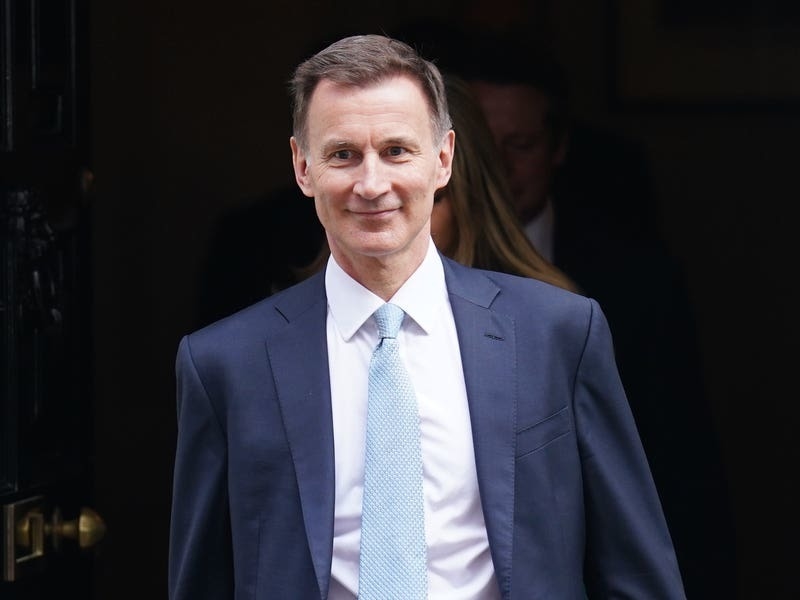Health officials and experts in Asia have welcomed US plans to share 500 million more doses of the Pfizer vaccine with the developing world.
However, some say it would take more than donations alone to address huge vaccination gaps that threaten to prolong the coronavirus pandemic.
US President Joe Biden was set to make the announcement in a speech before the start of the G7 summit in Britain.
Two hundred million doses – enough to fully protect 100 million people – would be shared this year, with the balance to be donated in the first half of 2022, according to a source familiar with the matter who confirmed the news of the Pfizer sharing plan.

He said the extremely cold storage temperatures required for Pfizer shots would present challenges for countries with poor health systems and called for US officials and the New York-based drugmaker to explore the possibility of easing the requirements.
He said the delay in US help was “understandable, because the United States initially had its own troubles with supplies while inoculating its own population”. He added: “But for now, it’s critical to move up the timing of the vaccine provisions to the earliest possible point.”
Reports suggest the Biden administration plans to provide the 500 million shots it purchases from Pfizer to 92 lower income countries and the African Union over the next year through the UN-backed Covax programme.
The United States has faced increasing pressure to outline its global vaccine sharing plan. Inequities in supplies around the world have become more pronounced while there is increasing concern over newer virus variants emerging from areas with consistently high Covid-19 circulation.
The White House had earlier announced plans to share 80 million doses globally by the end of June, most through Covax.

She also echoed Prof Jung’s concerns about Pfizer’s cold chain requirements and said the US donations should be accompanied with efforts to improve infrastructure and educate health workers in receiving countries.
“It’s very important to manage international co-operation so that the whole world can be vaccinated quickly,” she said during a briefing.
The United States has yet to confirm the 92 lower-income countries that would be receiving the Pfizer shots.
In Asia, Prof Jung said that India and Southeast Asia are in desperate need of donations. Vaccinating isolated North Korea could also prove to be a difficult challenge.
Some experts say donations alone would not be enough to close the huge gaps in supplies and call for a transition towards a distributed system of vaccine manufacturing where qualified companies around the world would produce their own shots without intellectual property constraints.
But Prof Jung said many developing countries depending on Covax donations do not have the industrial resources to manufacture advanced vaccines such as Pfizer’s mRNA shots.






